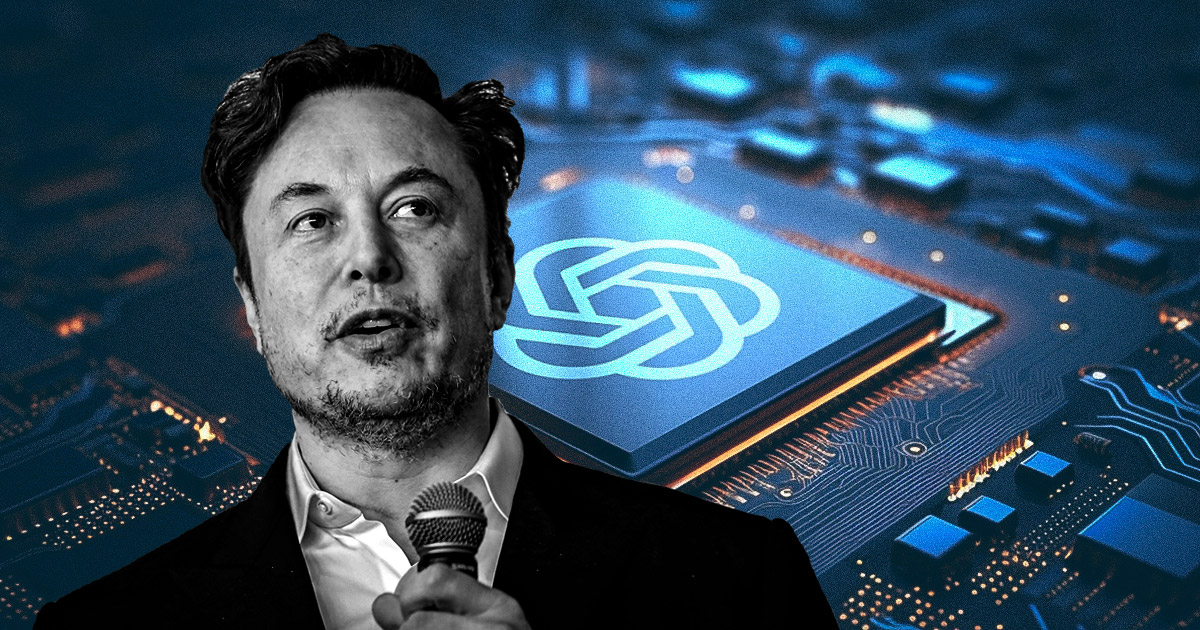OpenAI counters Musk’s lawsuit by highlighting his past profit advocacy
0
0

OpenAI has countered Elon Musk’s recent lawsuit, emphasizing that the billionaire had previously advocated for the company’s shift to a for-profit structure.
Musk, one of OpenAI’s co-founders, has accused the AI company of abandoning its nonprofit roots, filing a fresh lawsuit in August after withdrawing an earlier complaint.
Early discussions and governance disputes
In a Dec. 13 blog post and court filings, OpenAI highlighted Musk’s early involvement in shaping its structure and noted that he had raised concerns about operating as a nonprofit before the organization’s 2015 launch.
Musk had suggested in an email at the time that a “standard C corp with a parallel nonprofit” might be more effective. OpenAI argued that this demonstrates Musk’s initial support for flexibility in its organizational approach.
Documents reveal Musk revisited the issue in 2017, proposing a transition to a for-profit model following significant technological advancements at OpenAI.
In one exchange, co-founder Greg Brockman noted that Musk viewed a nonprofit as potentially unsuitable for OpenAI’s ambitions, a sentiment Brockman and other leaders reportedly shared.
However, tensions arose when Musk sought control over the proposed for-profit entity. OpenAI stated that Musk had instructed his financial team to create a public benefit corporation under his leadership, requesting majority ownership, board dominance, and the role of CEO.
These terms were rejected by OpenAI’s leadership, including CEO Sam Altman, leading to Musk’s departure from the board in 2018.
For-profit transition and funding concerns
In 2019, OpenAI announced a capped-profit structure governed by its nonprofit arm.
According to the organization, the decision was driven by the need to secure substantial funding to compete in the rapidly evolving AI landscape. Major investments, including significant backing from Microsoft, followed the change.
OpenAI’s legal team also disclosed that Musk was offered equity in the capped-profit entity on multiple occasions but declined. They noted Musk’s prior statement in 2019 asking OpenAI to explicitly confirm that he had no financial interest in its for-profit operations.
Musk, who launched xAI in 2023, has positioned his company as a competitor to OpenAI. xAI has reportedly raised billions in funding and introduced new models to challenge OpenAI’s generative AI tools like ChatGPT.
Musk’s August lawsuit argues that OpenAI’s transition betrayed its founding principles, but the organization maintains that Musk’s claims overlook his early role in advocating for structural changes.
The escalating legal battle reflects a deeper struggle over the future of AI development, with OpenAI and xAI vying for dominance in an increasingly competitive field.
The post OpenAI counters Musk’s lawsuit by highlighting his past profit advocacy appeared first on CryptoSlate.
0
0
 Manage all your crypto, NFT and DeFi from one place
Manage all your crypto, NFT and DeFi from one placeSecurely connect the portfolio you’re using to start.

